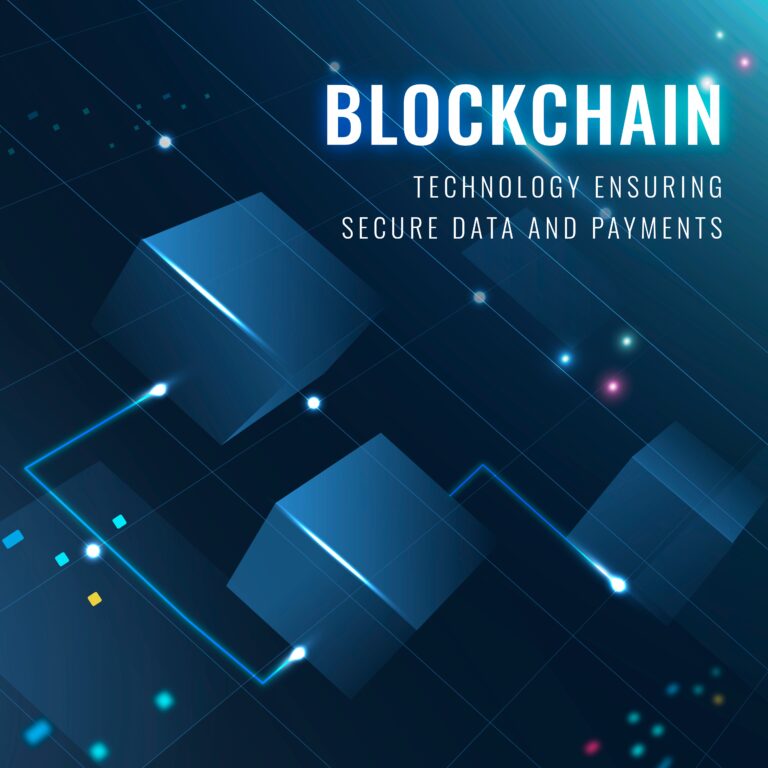Blockchain technology is continually evolving to address challenges such as scalability, efficiency, and user experience. In this pursuit, the introduction of decentralized sequencers for Polygon CDK has emerged as a key innovation, bringing transformative benefits to Polygon-based ecosystems. These decentralized sequencers are reshaping how transactions are processed, creating a more user-centric and efficient environment for decentralized applications (dApps).
This article explores how decentralized sequencers for Polygon CDK work, their impact on user experience, and why they are a critical component of next-generation blockchain networks.
The Concept of Decentralized Sequencers
Decentralized sequencers are mechanisms that determine the order of transactions in a blockchain network. Unlike centralized sequencers, which rely on a single entity, decentralized sequencers distribute this responsibility across multiple participants, ensuring transparency, reliability, and security.
In the context of Polygon CDK (Chain Development Kit), decentralized sequencers form the backbone of transaction management. By employing a decentralized approach, Polygon CDK enhances scalability while maintaining its core principle of decentralization.
Why Decentralized Sequencers Are Essential for Polygon CDK
The role of decentralized sequencers for Polygon CDK extends beyond mere transaction ordering. They contribute significantly to the efficiency and usability of the ecosystem in several ways:
- Ensuring Fairness
Decentralized sequencers eliminate the risk of bias or manipulation, as no single party controls transaction ordering. This promotes fairness and builds trust among users. - Reducing Latency
By distributing transaction processing across multiple nodes, decentralized sequencers for Polygon CDK reduce latency, enabling faster confirmation times and smoother interactions. - Enhancing Security
The decentralized nature of these sequencers reduces vulnerabilities to attacks, as there is no central point of failure. This ensures robust security for applications and users. - Supporting Scalability
Decentralized sequencers efficiently handle large volumes of transactions, making them ideal for scaling dApps and enabling mass adoption.
How Decentralized Sequencers Improve User Experience
Decentralized sequencers for Polygon CDK ecosystems significantly enhance user experience by addressing key pain points in blockchain networks. Here’s how:
- Faster Transactions
Users often face delays in blockchain networks due to congestion. Decentralized sequencers process transactions more rapidly, ensuring users experience minimal waiting times. - Lower Costs
By optimizing resource utilization and reducing reliance on Layer1 chains, decentralized sequencers help lower gas fees, making blockchain interactions more affordable for users. - Improved Reliability
With decentralized sequencers, users can trust that their transactions will be processed fairly and consistently, enhancing the reliability of the ecosystem. - Seamless Integration with dApps
Developers can integrate decentralized sequencers with their dApps to deliver smoother and more intuitive user interfaces, fostering better engagement.
Decentralized Sequencers in Action
The implementation of decentralized sequencers for Polygon CDK is evident in various use cases, highlighting their versatility and impact:
- DeFi Platforms
Decentralized sequencers enable efficient and secure transaction processing in decentralized finance (DeFi) platforms. They support high-frequency trading, lending, and staking activities with minimal delays. - NFT Marketplaces
With decentralized sequencers, NFT marketplaces can handle large transaction volumes during events like drops or auctions, providing a better experience for buyers and sellers. - Gaming Ecosystems
Blockchain-based gaming platforms rely on decentralized sequencers for real-time transactions, ensuring a lag-free experience for players. - Supply Chain Solutions
In supply chain applications, decentralized sequencers enable transparent and efficient tracking of goods, enhancing operational efficiency.
Technical Advantages of Decentralized Sequencers
Beyond user experience, decentralized sequencers for Polygon CDK offer several technical benefits that strengthen the ecosystem:
- Interoperability
Decentralized sequencers facilitate seamless interaction between Polygon and other blockchain networks, enhancing interoperability. - Resilience
The distributed nature of decentralized sequencers makes the network more resilient to failures or attacks, ensuring uninterrupted operations. - Flexibility
Developers can customize decentralized sequencers to suit the specific needs of their applications, fostering innovation. - Transparency
All transactions are recorded on-chain, providing full transparency and auditability for users and developers.
Challenges in Implementing Decentralized Sequencers
While decentralized sequencers for Polygon CDK offer numerous advantages, their implementation is not without challenges:
- Complexity in Design
Developing and deploying decentralized sequencers require advanced technical expertise and careful planning to ensure efficiency and security. - Operational Costs
Running a decentralized sequencer network can incur significant costs, particularly in terms of computational resources and infrastructure. - Consensus Mechanism Coordination
Coordinating multiple participants in a decentralized sequencer network requires robust consensus mechanisms, which can be complex to implement. - Scalability Trade-offs
While decentralized sequencers enhance scalability, achieving optimal performance without compromising decentralization remains a challenge.
The Future of Decentralized Sequencers in Blockchain Networks
The adoption of decentralized sequencers for Polygon CDK is expected to accelerate as blockchain ecosystems continue to evolve. Future developments in this area may include:
- Enhanced Decentralization
Ongoing research and innovation aim to make sequencer networks even more decentralized, ensuring broader participation and minimizing centralization risks. - Integration with Emerging Technologies
The integration of decentralized sequencers with technologies such as artificial intelligence and machine learning could further optimize transaction processing and enhance user experiences. - Cross-Chain Solutions
Decentralized sequencers will play a pivotal role in enabling cross-chain compatibility, connecting different blockchain networks for seamless interactions. - Mass Adoption of dApps
As decentralized sequencers improve the scalability and usability of Polygon CDK ecosystems, they will drive the mass adoption of dApps across various industries.
Conclusion
Decentralized sequencers for Polygon CDK represent a transformative innovation in the blockchain space. By enabling faster transactions, reducing costs, and enhancing security, they address the critical challenges faced by blockchain networks. Their impact extends beyond technical improvements, significantly enhancing user experiences and fostering trust in decentralized applications.
As the blockchain ecosystem continues to expand, decentralized sequencers will play an increasingly vital role in shaping the future of scalable, efficient, and user-friendly networks. Whether you are a developer, user, or enterprise exploring blockchain solutions, understanding and leveraging decentralized sequencers is key to unlocking the full potential of Polygon CDK ecosystems.
